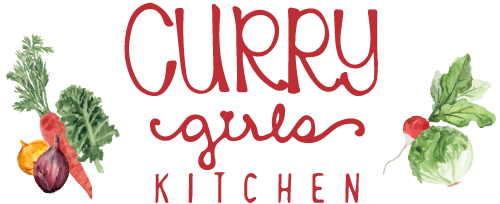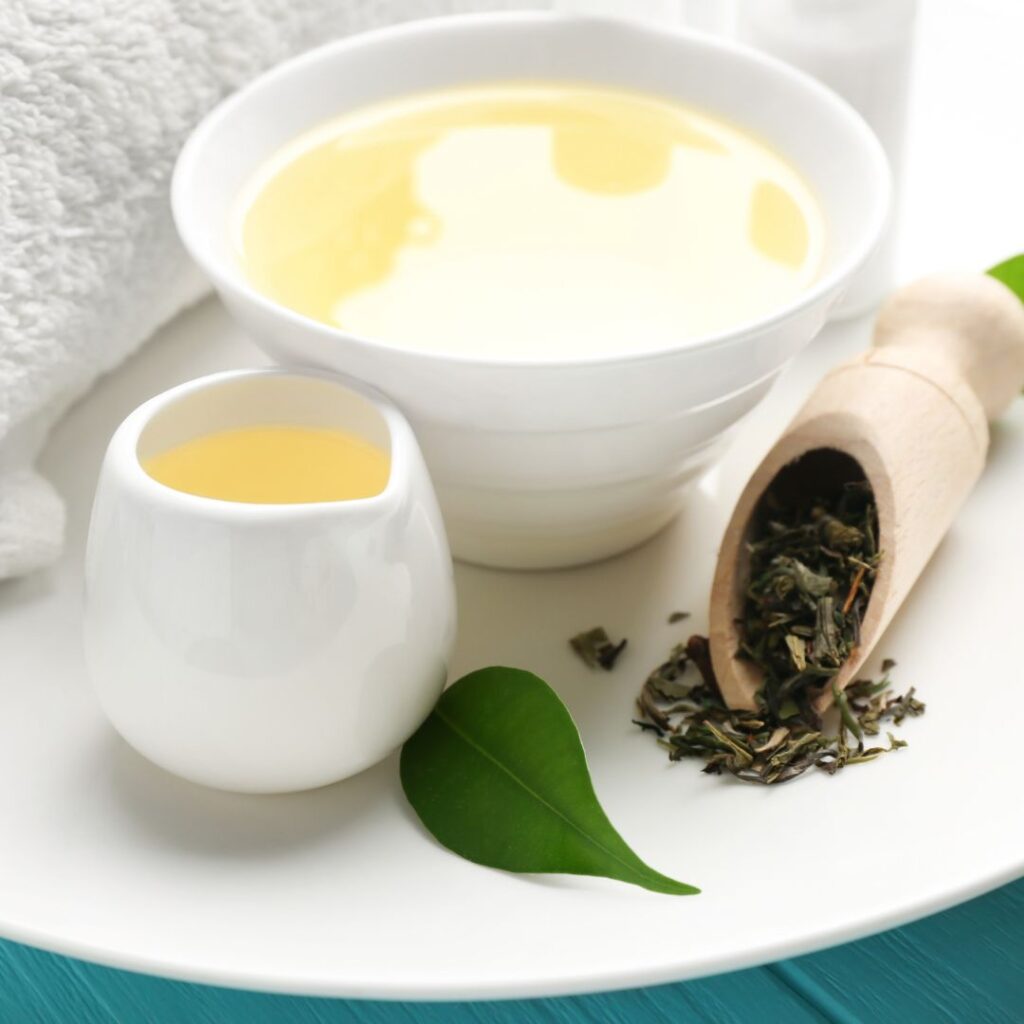In the hustle and bustle of our daily lives, our hair often bears the brunt of stress, pollution, and dietary choices. One common yet underestimated issue is scalp inflammation, which can lead to various hair concerns. Fear not, as this blog post unveils the secrets to promoting optimal hair health by incorporating anti-inflammatory foods into your diet reduce scalp inflammation.
Understanding Scalp Inflammation
Scalp inflammation can disrupt the normal hair growth cycle, leading to issues such as hair thinning, excessive shedding, and even hair loss. Factors like stress, pollution, and poor dietary choices contribute to inflammation, affecting the health of our scalp and, consequently, our precious locks.
The Role of Omega-3 Fatty Acids to reduce scalp inflammation
Omega-3 fatty acids play a crucial role in promoting healthy hair growth and reducing inflammation. These essential fatty acids can be found in fatty fish like salmon, chia seeds, and flaxseeds. Incorporating these into your diet can enhance blood circulation to the scalp, providing the necessary nutrients for optimal hair health.
Tea Tree Oil for Scalp Health
Known for its powerful anti-inflammatory and antimicrobial properties, tea tree oil can be a game-changer in your hair care routine. When applied to the scalp, it helps soothe inflammation, reduce itchiness, and promote a healthier environment for hair growth. Including tea tree oil in your hair care routine or opting for shampoos containing this natural ingredient can make a significant difference.
Essential Nutrients for Hair Follicles
Hair follicles are like the roots of a tree—they need nourishment to thrive. Ensure your diet is rich in essential nutrients like vitamins A, C, and E, which contribute to a healthy scalp. Foods such as sweet potatoes, citrus fruits, and almonds are excellent sources of these vitamins and can aid in reducing inflammation while promoting optimal hair growth.
Anti-Inflammatory Foods for Healthy Hair
- Fatty Fish: Incorporate salmon, mackerel, and sardines into your diet for a boost of omega-3 fatty acids.
- Leafy Greens: Spinach, kale, and Swiss chard are rich in vitamins and minerals that support scalp health.
- Nuts and Seeds: Snack on walnuts, flaxseeds, and chia seeds to benefit from their omega-3 content.
- Berries: Blueberries, strawberries, and raspberries are packed with antioxidants that combat inflammation.
- Olive Oil: Drizzle olive oil on salads or use it in cooking to enjoy its anti-inflammatory benefits.
- Tea Tree Oil: Include tea tree oil in your hair care routine for its soothing effects on the scalp.
Frequently Asked Questions
Can scalp inflammation lead to hair loss?
Yes, prolonged scalp inflammation can disrupt the hair growth cycle, leading to issues such as hair thinning and hair loss. It’s crucial to address inflammation for optimal hair health.
How often should I use tea tree oil on my scalp to reduce scalp inflammation?
For most people, using tea tree oil once or twice a week as part of their hair care routine is sufficient. However, it’s essential to dilute it properly to avoid irritation.
Are there specific foods to reduce scalp inflammation?
Processed foods, excessive sugar, and a diet lacking in essential nutrients can contribute to inflammation. It’s advisable to limit these and focus on a nutrient-rich, whole-foods-based diet for a healthy scalp.

